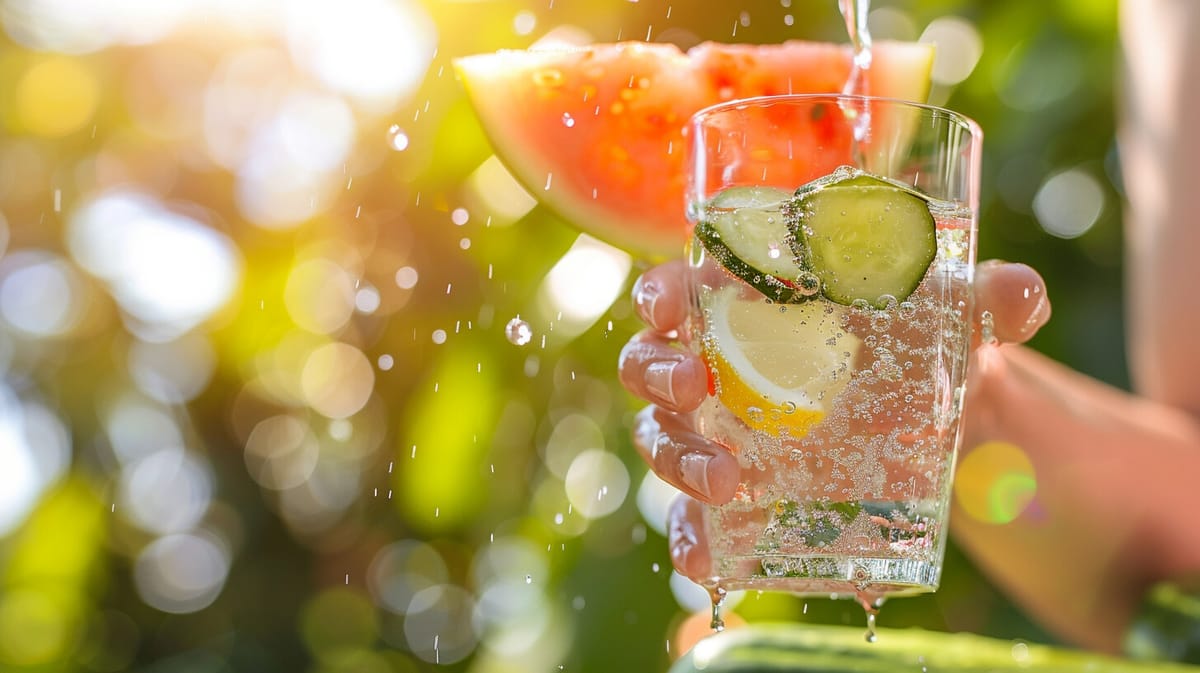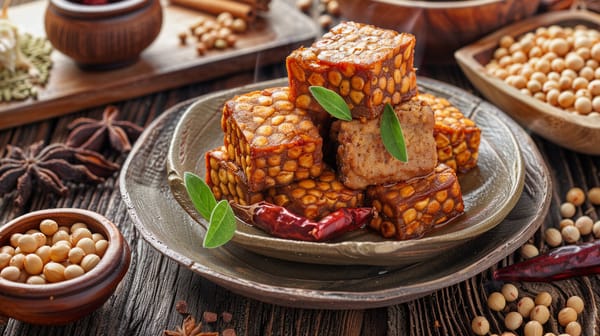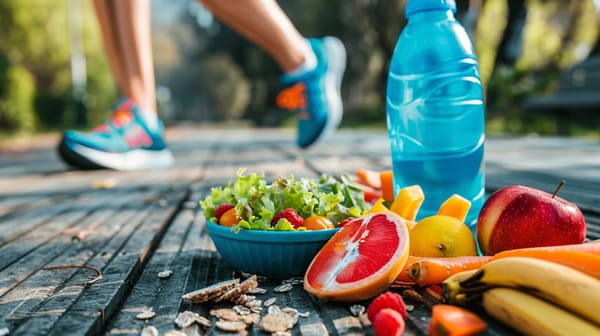Unlock the Secrets to Optimal Hydration: The Ultimate Guide

Unlock the Secrets to Optimal Hydration: The Ultimate Guide
Water is the essence of life, and maintaining proper hydration is crucial for health and well-being. Our body's reliance on water cannot be overstated—it regulates body temperature, keeps joints lubricated, assists in transporting nutrients, and removes waste. Despite its importance, many misunderstand how much and what they should drink to stay hydrated. This guide will cover everything you need to know about effective hydration.
Why Is Hydration So Important?
Our bodies are made up of approximately 60% water, which impacts every cellular process and organ function. Adequate hydration:
- Supports Digestive Health: Water helps to dissolve fats and soluble fiber, aiding in smooth digestion and preventing constipation.
- Enhances Physical Performance: Even slight dehydration can impair physical performance and endurance.
- Regulates Body Temperature: Through perspiration, water dissipates heat and regulates body temperature.
- Improves Brain Function: Adequate hydration is essential for maintaining concentration and cognitive function.
- Detoxifies the Body: Water flushes out harmful toxins through urine and sweat.
How Much Water Do We Really Need?
The amount of water needed can vary depending on age, sex, weight, and activity level, but general guidelines from the Institute of Medicine suggest 3.7 liters daily for men and 2.7 liters for women. These recommendations include all fluids consumed, including tea, juice, and even high-water content foods.
What Counts as Hydration?
While water is the best hydrator, other beverages and foods contribute significantly:
- Fluids: Pure water, herbal teas, and milk.
- Foods: Fruits like oranges and watermelon; vegetables like cucumbers and lettuce provide hydration due to their high water content.
It's important to note that beverages like coffee and alcohol, while hydrating, have diuretic effects, meaning they increase the production of urine and can lead to a net loss of fluids if consumed in large amounts.
The Role of Electrolytes
Electrolytes such as sodium, potassium, and magnesium are vital for hydration because they help maintain fluid balance within the body's cells. Common sources include bananas, dairy products, and electrolyte-enriched waters.
Hydrating Strategies for Daily Life
- Monitor Your Intake: Keeping track of how much water you drink can help ensure you meet your daily needs.
- Eat Water-Rich Foods: Incorporate soups and salads into your meals, which are both nutritious and hydrating.
- Set Reminders: Use smartphone apps or timetables to remind you to drink if you often forget during busy days.
Avoiding Dehydration
Dehydration can manifest in many forms, from the mild, such as thirst, to more severe symptoms like dizziness and rapid heartbeat. Being cognizant of these signs can help you determine when to increase your fluid intake.
Staying properly hydrated is a simple yet effective way to enhance your health and improve your energy levels. By understanding the fundamentals of hydration discussed in this guide, you can make informed choices about how much and what to drink, tailoring your hydration to your body's needs.




